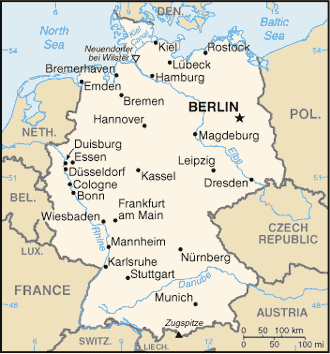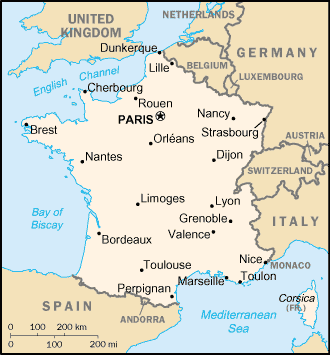
Dynamics

|
Generational Dynamics |
| Forecasting America's Destiny ... and the World's | |
| HOME WEB LOG COUNTRY WIKI COMMENT FORUM DOWNLOADS ABOUT | |
A new book has been on the best seller lists in Germany: Der Brand. Deutschland im Bombenkrieg 1940-1945 (The Fire: Germany Under Bombardment, 1940-45), by Jörg Friedrich.
 |
This book describes the Allies' aerial bombardment of Germany during World War II. By the end of the war, all of Germany's large cities and many midsized cities lay in ruins and ashes. The bombs were directed at civilians as well as factories. Incendiary bombs were used to devour people in flames. Dresden was a particular target. Was this a war crime? Friedrich's book has opened this question in Germany.
For 50 years, the Germans have accepted that the Allied bombing of Germany was a necessary reaction to Adolf Hitler's invasions. Why is that response being questioned now? Why is this book so popular?
To understand why, you have to realize that the same generational change that occurred in America and changed everything has also occurred in Germany. Ten years ago, there were people around who had been alive during World War II. But now, they're almost all dead or retired.
What difference does that make? Ten years ago, mention of the bombing of Dresden would have been very embarassing to people growing up during World War II because many of them were in Hitler's Nazi party, or their parents or brothers were.
 |
Now, with those people gone, the German opinion-makers of today are people born after the war, who have no personal memory of the horrors inflicted by Hitler, and who are wondering why any war acts committed by Germany were any worse as "war crimes" than the acts committed by the Allies.
A similar generational transition has occurred in France. Ten years ago, the opinion-makers in France were people who had personal memory of the violence and atrocities of World War II, when Hitler occupied France with German troops and administrators, and remember how happy and relieved they were when the Americans and the other Allies suffered enormous losses on Normandy Beach in order to drive the Germans out of France.
Those people are now gone. The French opinion makers today were born after the war, and remember only their resentment of being saved by the English and Americans -- a resentment which still remains from the time, in 1815, when French Emperor Napoleon Bonaparte was defeated by British Duke of Wellington at Waterloo, France, thus finally bringing the French empire to an end. This battle opened a wound that has not healed to this day.
Even worse, except for Britain, Europe has almost no military capability, and Britain and America had to save France twice in the 20th century from being annexed by Germany. It is very humiliating to the French people that America might have to save them again, this time from the Iraq's weapons of mass destruction.
 |
People are surprised when I tell them that people in other countries are still influenced by events that occurred centuries ago. And yet, Americans are still influenced by events that happened in our Revolutionary War and Civil War. Just as an individual person has a memory of past events, a society has a memory of past events, including events that happened very long ago.
England, France and Germany have had brutal, violent wars among themselves repeatedly during the last 800 years, the last one being only 60 years ago. Could it happen again? It sure could.
The world is headed for a new world war today, because the same generational change is occurring in many countries at once. The opinion-makers today are people who do not remember the violence and atrocities of World War II. Opinions are hardening all over the world, and the desire for compromise is lessening every day.